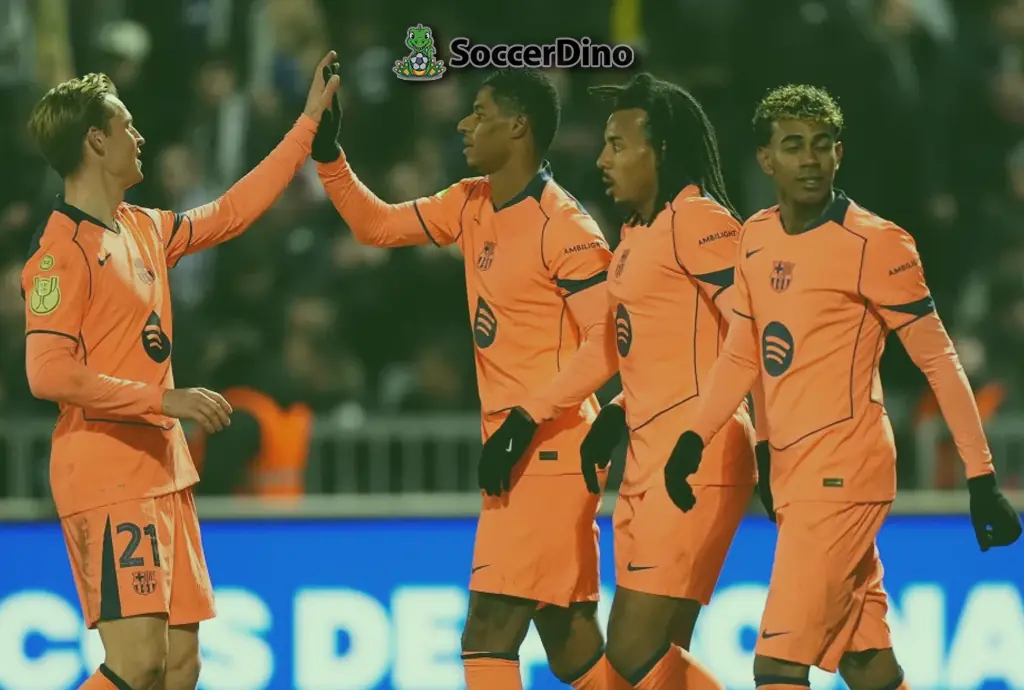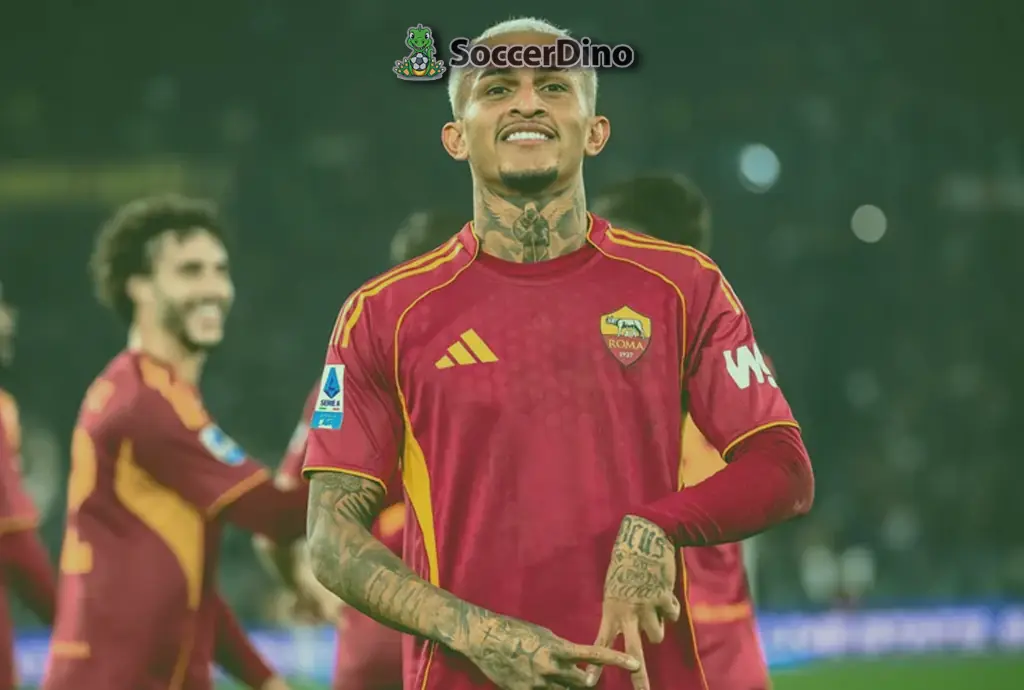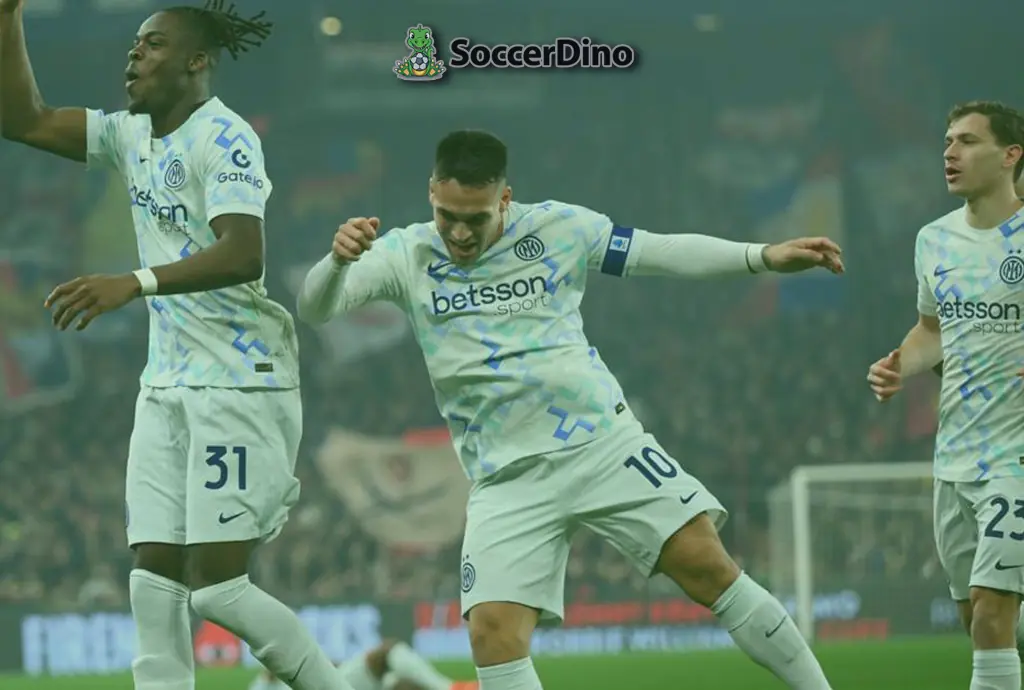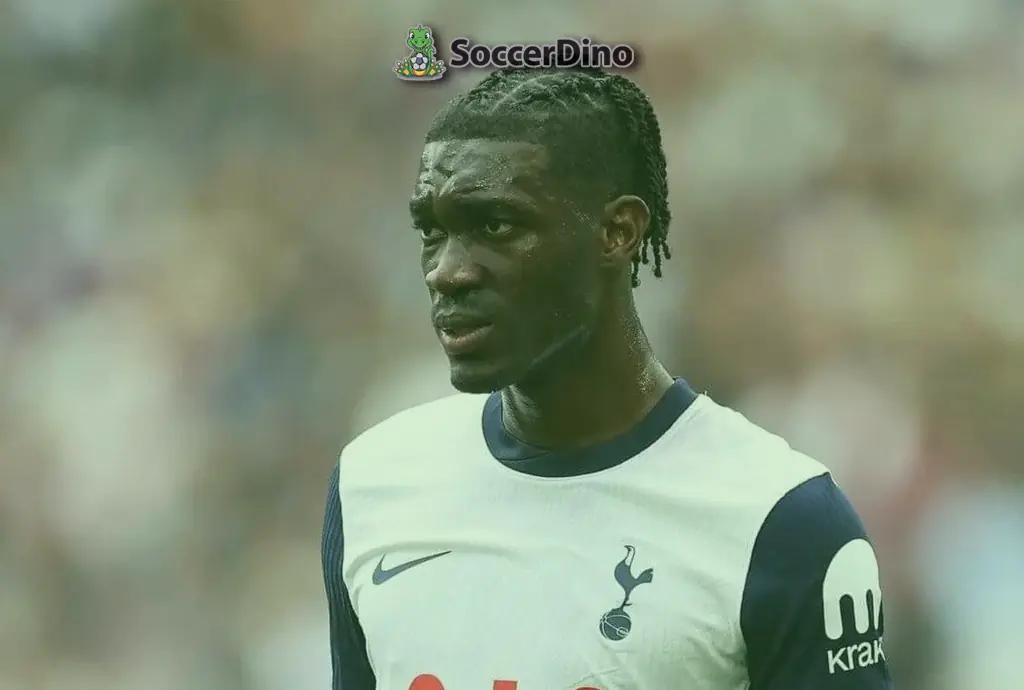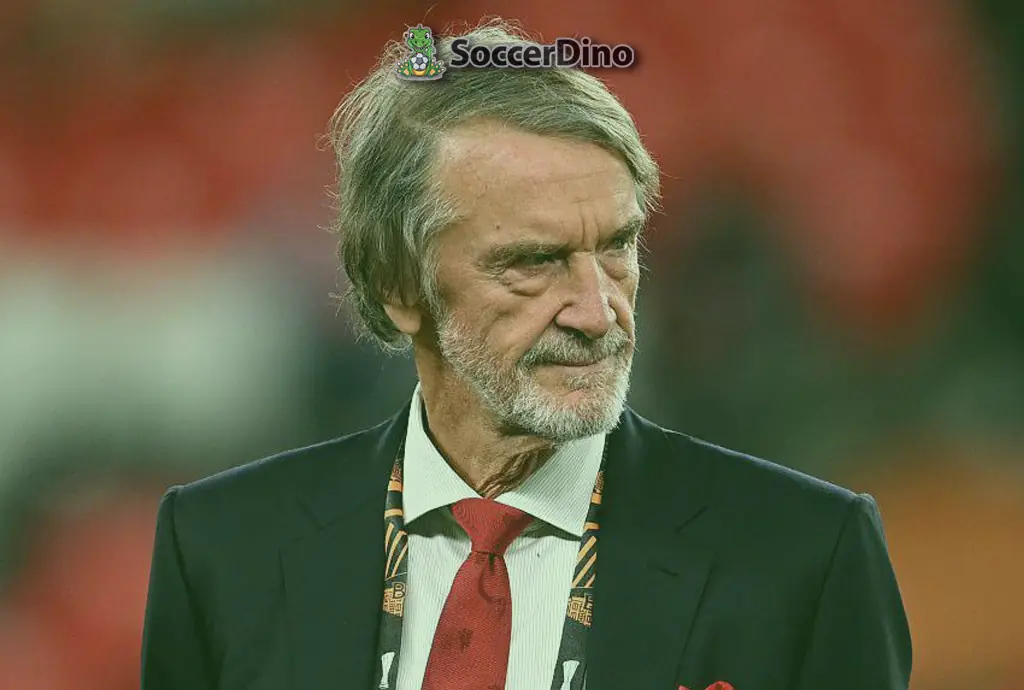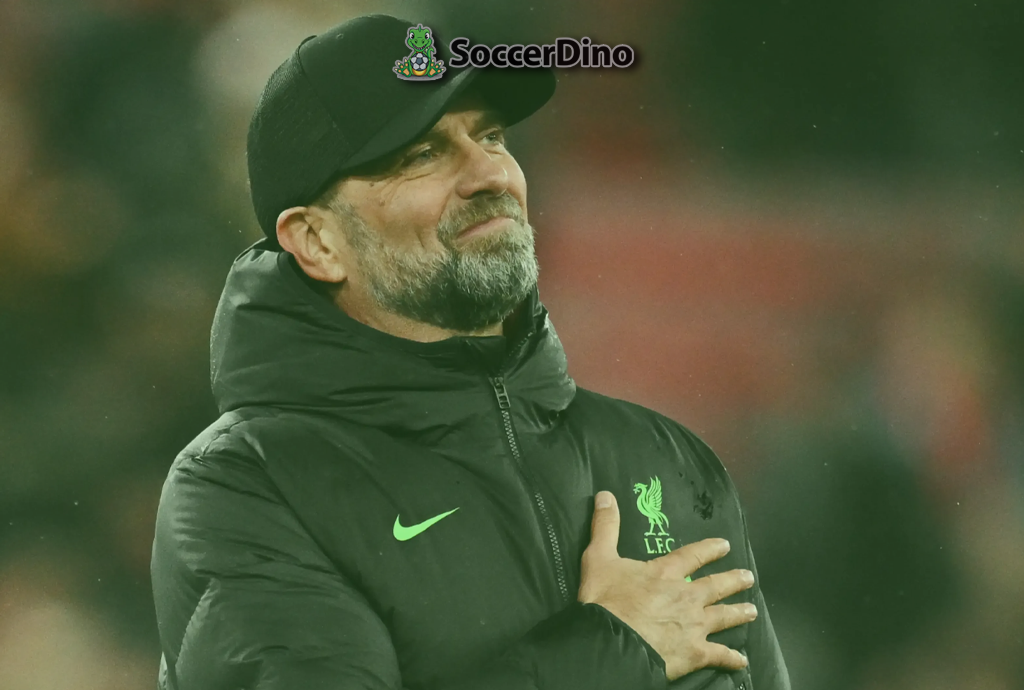La Liga's Refereeing Committee is calling for a firmer stance to eliminate the common scenes seen during set pieces. However, fouls inside the penalty area will only be penalized if they are clear and 'with sufficient intensity to justify the sanction.' The handball rule will also have a more stringent criterion.

The new La Liga regulations bring about a series of changes aimed at tightening the standards of officiating, particularly in the areas that have been the subject of much debate and controversy in recent seasons.
One of the most notable shifts is the league's attempt to significantly reduce referees' tolerance for holding and grappling inside the penalty area, especially during set-piece situations. This change is seen as a direct response to the growing frustration among players, coaches, and fans over the physicality that often goes unpunished in such scenarios.
Under the new rules, referees are expected to adopt a much stricter approach. Offenders will receive only one warning, after which any repeat offense will result in a penalty being awarded. This marks a stark departure from the more lenient approach that has often been criticized for allowing defenders to get away with excessive physicality, which disrupts the flow of the game and undermines fairness.
Luis Medina Cantalejo, president of the Refereeing Committee, emphasized the need for this change, stating, "We've seen real judo holds. We are demanding the highest standards from referees, whether the ball is in play or not. Now we have a tool to detect these types of situations." His comments reflect the committee's commitment to ensuring that the integrity of the game is maintained, with a particular focus on eliminating the kind of rough play that can detract from the sport.
In addition to addressing holding in the penalty area, the committee is also aiming to reduce the number of penalties awarded for what it considers "minor contacts." Cantalejo noted that for a penalty to be given, there must be a clear infraction with sufficient intensity to justify the sanction. This move is intended to ensure that only significant fouls are penalized, thereby reducing the number of controversial penalty decisions that have marred some matches in the past.
Alongside these adjustments, La Liga is also implementing a semi-automatic offside system, starting with the matchday that begins today. This technology is designed to assist the Video Assistant Referee (VAR) in analyzing offside situations more quickly and accurately. The introduction of this system is part of a broader effort to enhance the precision of officiating and minimize the delays that have often frustrated fans and players alike. To further increase transparency, stadium screens will be able to display the virtual image of offside decisions, allowing spectators to see the evidence behind the calls.
Moreover, the league is introducing several other important changes. One of the most significant is the allowance of an additional substitution in the case of a head injury. This will enable teams to make up to six substitutions in such scenarios, reflecting a growing awareness of the importance of player safety, particularly concerning head injuries and concussions. This change is in line with broader efforts across football to prioritize player welfare and ensure that potential head injuries are treated with the utmost seriousness.
Another change aimed at improving the conduct on the pitch is the prohibition of any player, other than the team captain, from questioning the referee's decisions. This measure, which has already been implemented in the European Championship in Germany, is intended to reduce the pressure on referees and maintain order during matches. It reflects a growing trend in football to reinforce the authority of referees and ensure that their decisions are respected by all players.
The contentious handball rule, which has been the source of much debate in recent seasons, will also see a more stringent criterion this season. According to the new guidelines, a handball will only be considered an infraction if there is a deliberate handball, an unnatural arm position, or a handball that immediately leads to a goal, regardless of whether it was accidental or not. On the other hand, hands in a natural position, close to the body, or supporting the ground will not be penalized. This clarification aims to reduce the number of controversial handball decisions, which have often been criticized for being too harsh or inconsistent.
These changes signal La Liga's commitment to improving the quality and fairness of officiating in the league. By adopting a stricter stance on certain infractions and introducing new technologies and rules, the league hopes to enhance the overall experience for players, coaches, and fans. However, as with any significant changes, the effectiveness of these new regulations will ultimately depend on how they are implemented and enforced on the pitch.
